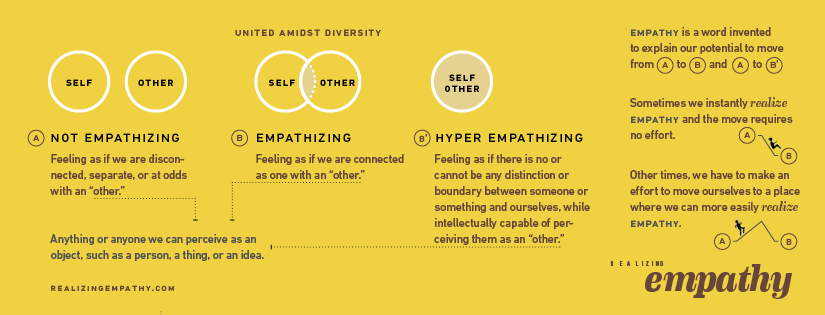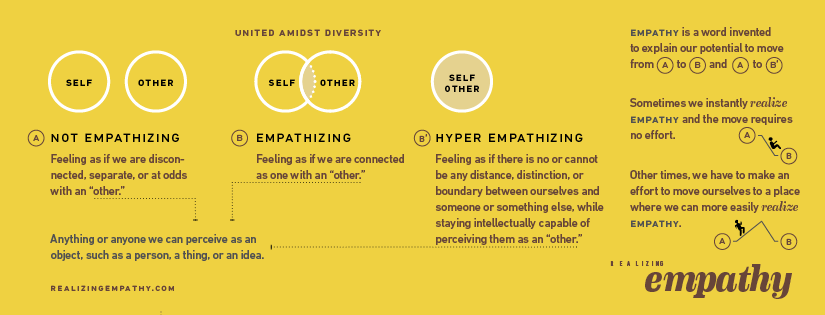Often times
we say we want something
when really
we want to prevent
something else.
Something
we do not want.
Some say
they want
growth,
but really
they do not want
to be small.
Some say
they want
wealth,
but really
they do not want
to be poor.
Some say
they want success,
but really
they do not want
to fail.
Playing
not to
lose
instead of playing
to win.

